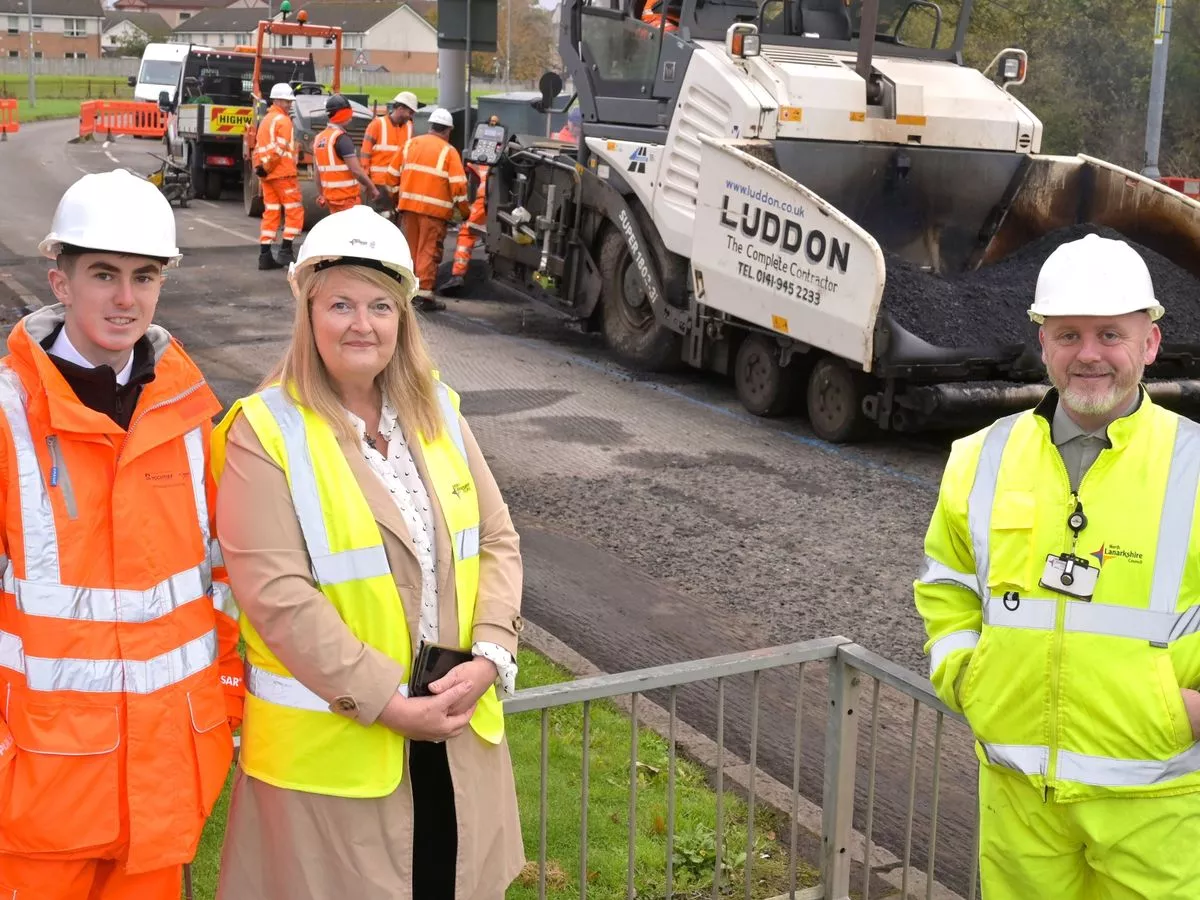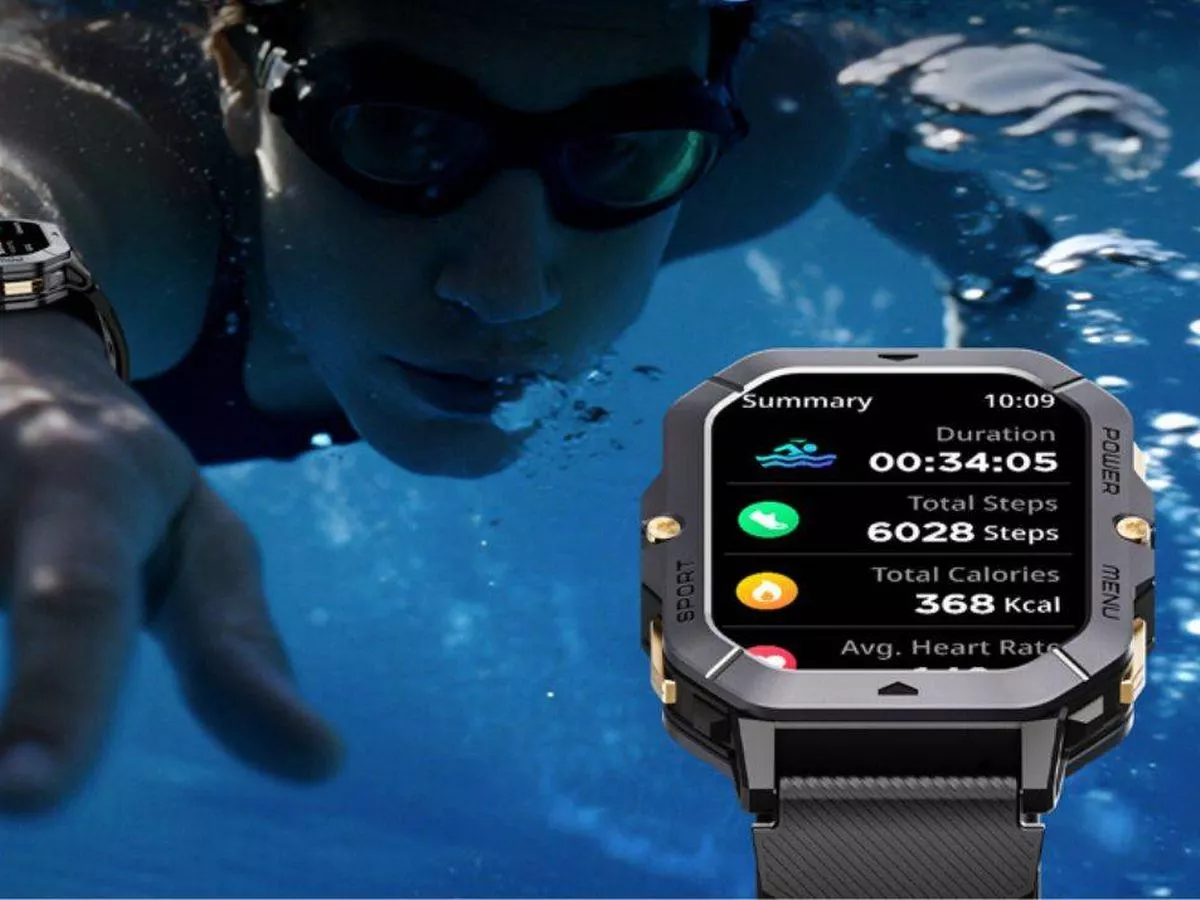Copyright dailyrecord

North Lanarkshire Council and their partners Amey have announced that a road in the area has become the first in the UK to trial a new technology which uses recycled plastic to reduce the bitumen content in Asphalt. As part of the Live Labs 2 programme, a three-year long, UK-wide, £30 million project, funded by the Department for Transport and launched by ADEPT, aimed at decarbonising the local highway network, the trial aims to cut carbon emissions generated by road resurfacing operations whilst maintaining road surface durability. It involved the incorporating half a tonne of the EcoFlakes product from the German company Ecopals, into a traditional Hot Rolled Asphalt mix which was then used to resurface a section on Chapelknowe Road, Motherwell . The trial was carried out last month and is being closely monitored for performance and environmental impact. The material replaces traditional oil-based polymers with recycled plastic, helping reduce carbon emissions by up to 20 per cent. Previous versions of plastic additives were added as physical elements in the mix, but Ecoflakes are homogenously mixed into the bitumen at the asphalt plant and act as a polymer modifier. This changes the properties of the bitumen, slowing down ageing of the road and reducing carbon emissions. The trial is the latest project by the council and Amey as part of the Centre of Excellence for Decarbonising Roads (CEDR), which is funded by Live Labs 2. There are high levels of carbon contained within many materials used on the council’s road network, from bitumen (or tar) used to surface roads, to the paint for road markings, the vehicles used in maintenance, and structures like bridges and barriers. CEDR is looking for, and testing, alternative materials, including some that could help build roads that last longer or with materials from natural, renewable sources. Another trial in North Lanarkshire last month tested the use of biochar in surfacing, a material that absorbs and stores carbon, acting as a “carbon sink”. The resurfacing completed at Crofthead Crescent in Bellshill incorporated biochar from a partner Live Labs project in West Sussex and South Gloucestershire, created from heating grass cuttings collected in maintaining verges through pyrolysis to create biochar. Councillor Helen Loughran, convener of the environment and climate change committee at North Lanarkshire Council, said: “I’m proud that North Lanarkshire Council is leading the way on this important work. “As the only council in Scotland to be involved with Live Labs 2 we really are blazing a trail for others to follow. “This is a fantastic example of how local authorities can lead the way in tackling climate change. “By trialling cutting edge new materials like EcoFlakes and biochar, we’re showing that sustainable infrastructure is not only possible but practical.” The trials carried out in October follow a “supersite” trial, the first of its kind in Scotland, successfully completed in August along a two-kilometre stretch of Hirst Road, Shotts . It was designed to compare innovative surfacing materials against traditional materials. A five-year monitoring period is now underway to assess the durability, carbon footprint and lifecycle costs of each material. Across the Live Labs 2 project, a range of other products are being trialled including pothole repair materials, road marking paint, signage, anti-aging treatment for pavements, cement-free and self-healing concretes, and anti-icing additives for asphalt. *Don't miss the latest headlines from around Lanarkshire. Sign up to our newsletters here . And did you know Lanarkshire Live had its own app? Download yours for free here .



